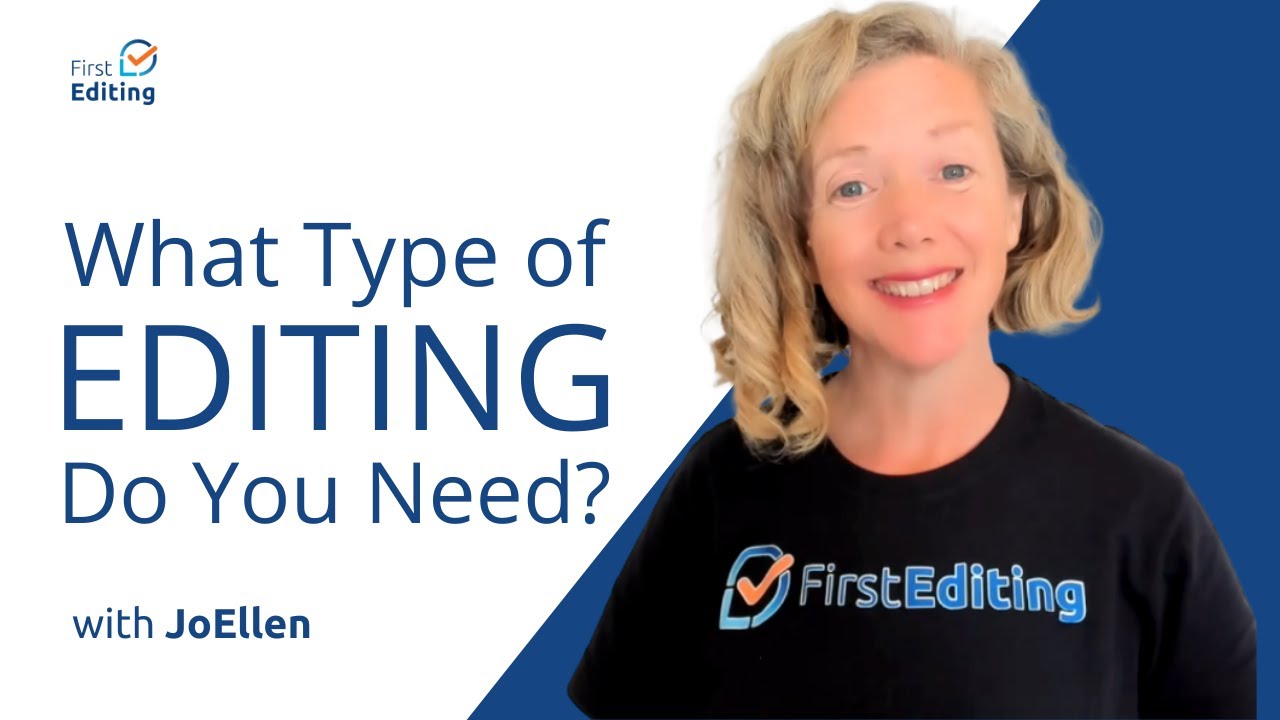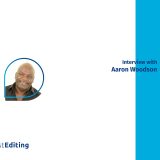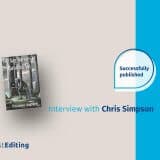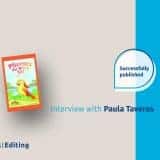
Having a professional editor go over your thesis is the best way to make sure the presentation of your research is top-notch. However, professional editing services for a thesis can be costly.
Knowing what types of editing your thesis paper requires will help you get the optimal quality in the most cost-effective and least time-consuming way.
Few students have unlimited time and money to spend on editing their thesis papers. Thus, choosing professional editing services is important. Low-priced but poor-quality editing translates into wasted time, a need for revisions, extra stress, missed deadlines, and re-editing costs.
However, just choosing a professional editing company may not be enough to ensure your writing is polished fast and in the most cost-effective way. For example, a high-quality but basic-level editing is quick and efficient in fixing grammar and usage errors, but it may be insufficient if your paper has serious structural or content deficiencies. On the other hand, editing that is too extensive definitely costs more and takes longer to complete.
Examine your thesis paper with a critical eye to ensure you know what editing services you need.
Don’t send it to the editor right away.
Go through your draft once again, paying particular attention to your abstract, introduction, methodology, and discussion. You may ignore basic grammar and spelling errors but fill in the blanks if you have omitted anything important during your writing. An editor can help you present your ideas in a better way, but he or she cannot add content for you.
Ask yourself: Are my arguments clear and easy to follow? Do they need to flow better? Then think about your school’s requirements. Do you need to have margins or pagination in a particular way? Were you able to avoid passive voice in your thesis paper, if that is what your school asks you to do?
Answers to these questions will help you decide whether you need assistance with the technical side of thesis writing (such as pagination, references, etc.), content (transitions, flow, consistency, and support of arguments, etc.), or just basic grammar and usage. Request basic editing only if you are confident your formatting, references, and content presentation answer all the requirements of your school. For most thesis papers, a Level Two – Technical Editing is the lowest recommended editing level.
Another way to know what professional editing services to request for your thesis paper is to ask your editor for a free sample and editing level recommendation. FirstEditing.com provides you with this option.
A professional editor will go over a part of your thesis paper, fixing problems and suggesting the level of editing your work would require. For example, if you have all your research in place, but many sections are unclear or could be better structured, the editor will recommend extensive editing. Thus, editing ensures a logical order of paragraphs, flow and support of arguments, formatting, and correct grammar.
Remember that an editor will not fill in the blanks for you if your literature review or methodology have significant gaps. Neither will an editor add quotations or references to strengthen or illustrate your arguments.
However, a professional editor will point out any areas in your paper that need improvement by elaboration, examples, or citation of additional sources.
In short, your editor does not write your thesis for you.
A thesis paper is a demonstration of your research and your knowledge. But if you choose professional editing services wisely, you will have your thesis edited to its optimal level in a timely and cost-effective way.
Publishing in peer-reviewed journals has always been used as a measure of achievement and quality of work of academics. Most institutions receive funding based on the number of active and internationally recognized researchers they have. Grant applications require submission of lists of published works, and in some countries, even a PhD visa is contingent on the applicant publishing at least one paper in a relevant peer-reviewed journal.
So many brilliant scientists fail to have their work published purely due to poor presentation. The scientific community is vast and multinational. However, the highest-ranking journals publish in the English language.
Understandably, those whose mother tongue is not English are at a considerable disadvantage, as their brilliant ideas and contribution to the greater knowledge are conveyed in a language they do not work or write in.
Thus, requesting the help of a professional editor can make all the difference between the acceptance or rejection of a researcher’s paper.
Ideally, an academic editor should be sought, one who not only has vast publishing experience and an excellent research track record, but their area of expertise should be compatible with the subject of the paper.
The editor’s expert eye can spot all the language mistakes, spelling, grammar, punctuation, consistency and appropriateness of verb tenses, transitional phrasing, continuity/flow of thoughts, and support statements. Also, they can re-write sections of the paper if deemed necessary.
But this service is not reserved exclusively for those in need of help with language. Inexperienced publication writers, or even seasoned ones, can always benefit from collaboration with a professional editor.
Editors serve as a second pair of eyes on a piece of work by providing an impartial and expert view of the presentation and quality of the writer’s style and content. Furthermore, academic editors offer advice for further improvements and identify any potential inconsistencies or omissions.
Additionally, as each journal uses a particular formatting style for the layout and presentation of sections, headings, tables and figures, citations, references, and every aspect of the paper, the editor can ensure that the final submission fully adheres to the specifications.
The editing level an article requires is best determined by the editor, as they have the expertise and experience necessary for the objective judgment. However, it is always useful to have a clear set of ideas regarding what the edit should aim to achieve.
Provide any specific requirements or special requests to your editor. If referees previously rejected the paper, it is crucial to supply the reasons for the rejection. Thus, the editor can address each one in turn, unless the shortcomings are related to the research itself.
Finding an editor with whom you can establish a trusting, working relationship will be useful for that particular submission and can save a lifetime of rejections in future publishing attempts. Thus, professional editing paves the way to your internationally recognized research career.










